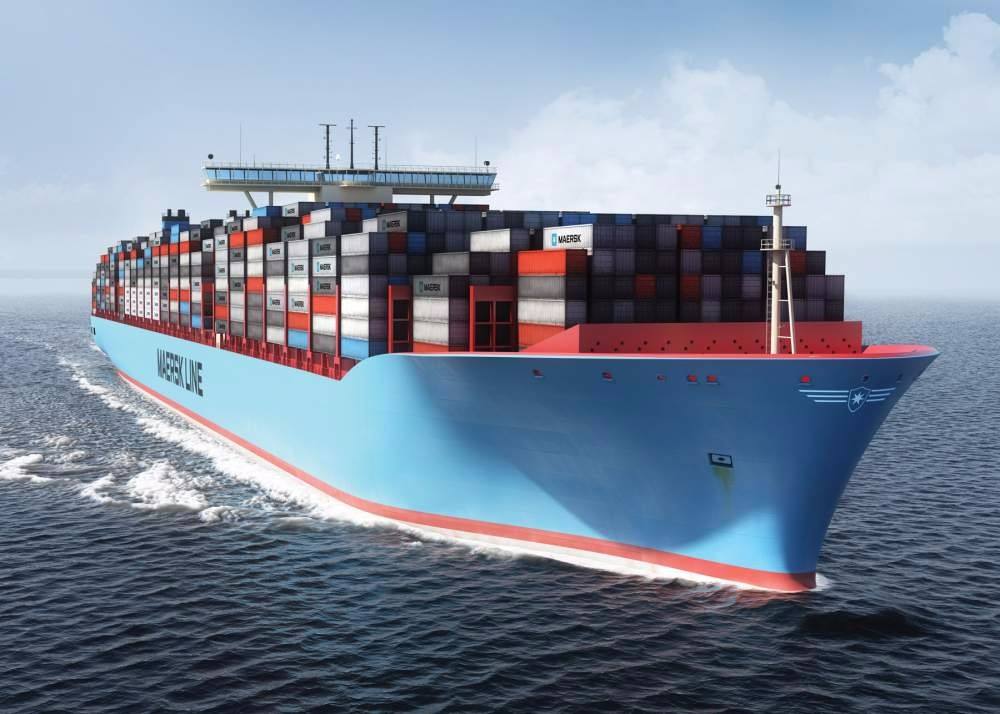The survival of logistics enterprises with small scale and weak competitiveness in the market has become increasingly difficult. How to control the logistics cost of logistics enterprises and enhance their competitiveness has become an urgent problem for third-party logistics.
一 Cost composition
The cost of logistics enterprises, as the name suggests, refers to the various expenses incurred by logistics enterprises in their daily business activities, which is the monetary expression of the physical and live labor consumed in logistics activities.
Third-party logistics enterprises are external providers that provide some or all of the logistics function services for customers. They have the characteristics that they do not own goods, integrate more than one logistics function, control logistics equipment such as warehouses and transportation equipment, and provide all or part of the labor force and management services as required.
Due to the fact that the products produced by logistics enterprises are five-star logistics services, it is a service chain that integrates more or less logistics links. As a third-party logistics enterprise, once it has signed a logistics contract with customers, it determines that logistics enterprises need to provide several logistics services. The products produced by logistics enterprises - the logistics service chain - determine the cost composition characteristics of the enterprise, which can be classified into operating costs and non operating costs.

1. Operating costs
Operating costs refer to the costs directly related to the production of logistics service products. It mainly includes three major elements: direct materials, direct labor, and indirect operating costs.
1.1 Direct material costs
Direct material costs refer to the materials that can be traced back to the cost of providing a certain service, which can be attributed to the cost of a logistics service product. Such as cardboard boxes and wrapping tapes used for packaging.
1.2 Direct labor costs
Direct labor costs refer to the labor costs that can be traced back to the provided service products. For example, the labor costs incurred by the documenter specifically for inputting, verifying, and tracking various documents for a certain product can be classified as direct labor costs for the corresponding product.
1.3 Indirect operating expenses
Indirect operating expenses are a general term for logistics enterprise costs, excluding direct labor and direct material unexpected costs. Equipment, equipment costs, operation, maintenance and other expenses required for handling, transportation, warehousing, distribution, Liu Tong processing, etc.
The expenses incurred in the transmission and processing of logistics information, as well as the expenses of equipment and facilities necessary for these activities, cannot be included in the direct cost of the product. However, as an indirect cost, it accounts for a significant proportion of the entire operating cost.
